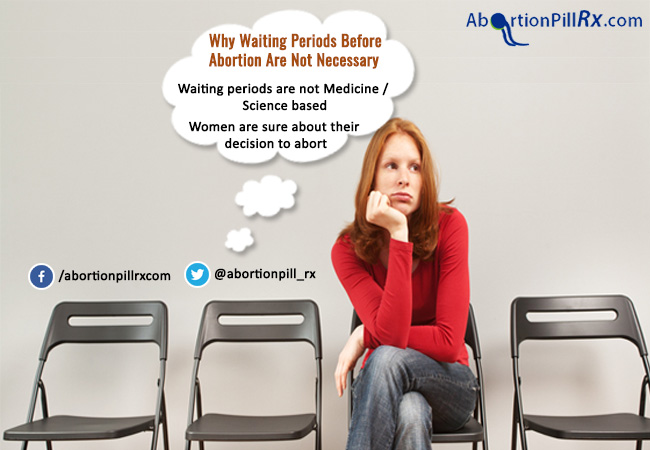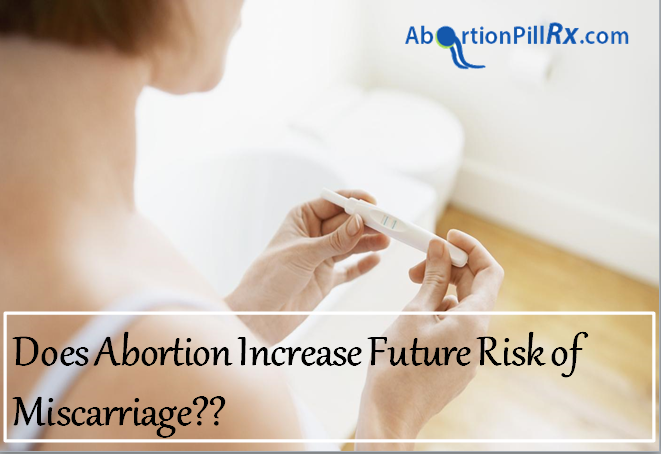Recently updated on February 3rd, 2023 at 05:52 am
Waiting periods before abortion is to give regulators, service providers and policy-creators the data/resources they need to involve in current policy negotiations in their states.
So how does waiting periods on access to abortion pills or surgical procedure have impact on its services.
Waiting before abortion
The ability to obtain any health care service without delay is crucial for woman’s reproductive health. Pregnancy termination is legal and safe procedure and governed by same principles of informed consent as any other medical service.
Nevertheless, many states compel women to wait for some time period (between 18 hours to 3 or more days). This is between the pre-abortion counseling and the abortive procedure. While some states require the women’s presence in person rather through internet or phone, before the waiting period even begins.
Making two to three trips puts burden on women who seek abortion. They then need to arrange some time off from their other duties/work, or those who leave in distant areas. Therefore, women need to gather funds or make travel arrangements which may delay the procedure, making them choose riskier options.
More than intrusive, waiting periods, according to the growing medical evidence, are completely unnecessary.
They introduce an unneeded obstacle to women seeking termination of pregnancy. Furthermore, they intrude upon the patient-healthcare provider relationship- without the patient’s best interest at heart.
Periods Waiting are not Medicine/Science-based
- Waiting periods before the abortive procedure are not ethically compulsory or medically indicated as a part of informed consent procedures.
- In some cases, even women seeking abortion with mifepristone and misoprostol [ abortive medication] have to wait compulsory. This is when the medical abortive procedure itself takes 2-3 days for completion. Therefore, adding waiting period in such cases places an undue burden on women.
Moreover, terminating pregnancy with MTP Kit, i.e. abortion pills is only allowed till 10 weeks of gestation. Thus imposing time period between the procedure may force women to choose surgical procedure is she is in her 9th week.
- Enforcing waiting period or even requirement of providing incorrect data/ biased counseling services serves no medical purpose. They only intend to make access difficult.
- Waiting periods imposed of women seeking to buy abortion pills or surgery are not required in any other medical procedures.
These impositions on women seeking abortion, single them out as patients who cannot make informed decision about their healthcare
Women are sure about their decision to abort
- Almost all women who decide to have an abortion have made their decision final when they try to access medical services. Therefore, the waiting periods only delays their procedure.
- As per many research reports, 99% of surveyed women seeking abortive procedure were sure about their decision. This was comparatively more than any other patient seeking other procedures. In fact, a recent research concluded that denying a woman abortion results in anxiety problems. The waiting periods too have a negative impact on the emotional well-being of the woman.
Next up – how waiting periods harm in requiring two or more trips and delays in the procedure due to waiting periods.



